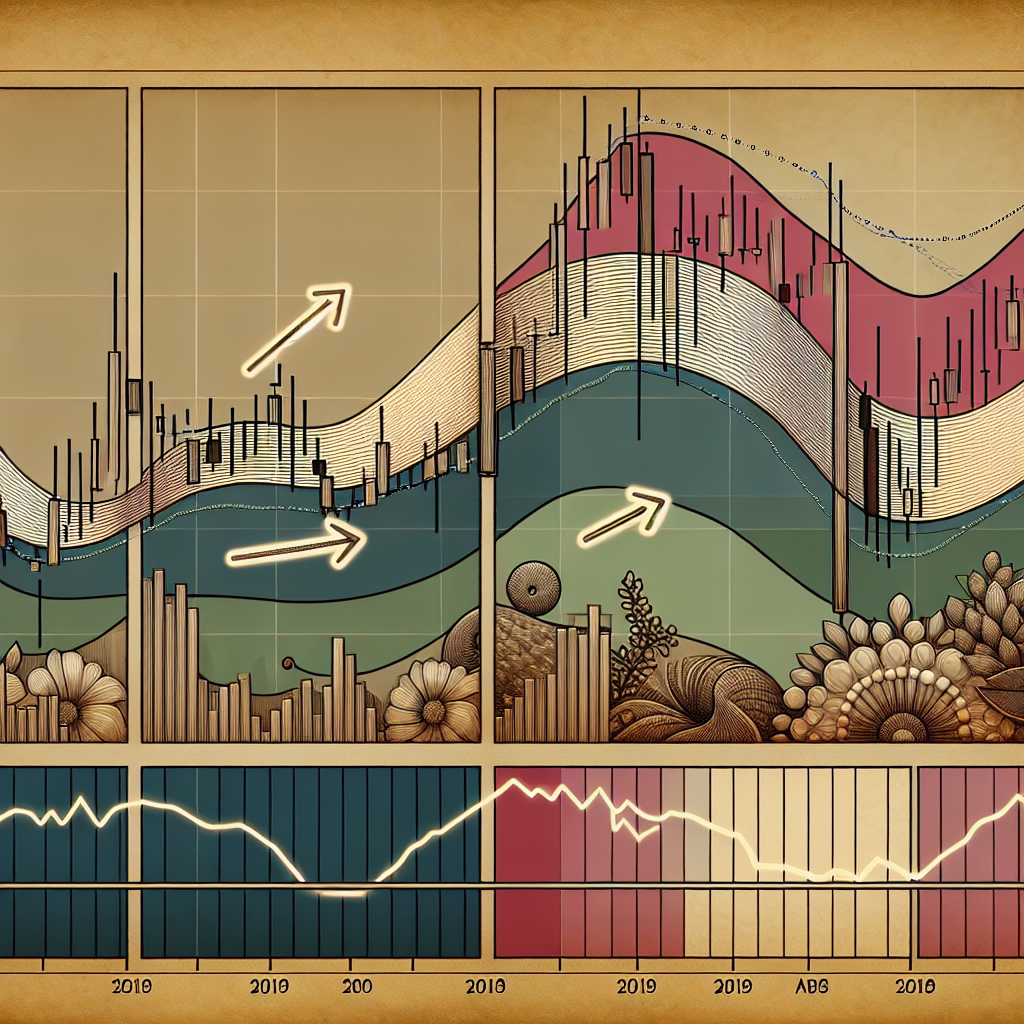Introduction to Event-Driven Market Analysis
Event-driven market analysis is a method used by investors and financial analysts to predict or understand the impact of specific events on the market. These events can range from macroeconomic data releases, company earnings announcements, geopolitical events, to natural disasters. Understanding the potential impact of these events can help investors make informed decisions and manage their risks effectively.
The Importance of Event-Driven Market Analysis
Event-driven market analysis is crucial for several reasons. Firstly, it allows investors to anticipate market movements and adjust their investment strategies accordingly. Secondly, it provides insights into how different sectors or individual stocks might react to specific events. Lastly, it helps investors understand the broader economic and geopolitical context in which they are investing.
Types of Events in Event-Driven Market Analysis
Macroeconomic Events
These include data releases such as GDP figures, employment data, inflation rates, and central bank decisions. These events can significantly impact the overall economy and, therefore, the stock market.
Company-Specific Events
These events are specific to individual companies. They include earnings announcements, changes in management, product launches, and mergers and acquisitions. These events can significantly impact a company’s stock price.
Geopolitical Events
These events include elections, policy changes, wars, and international disputes. They can impact the global economy and, therefore, global stock markets.
Natural Disasters
Events such as earthquakes, floods, and hurricanes can have a significant impact on the economy and the stock market, particularly if they affect a major economic region.
How to Conduct Event-Driven Market Analysis
Identify Relevant Events
The first step in event-driven market analysis is to identify the events that could impact the market. This requires staying informed about current affairs, economic data releases, and company news.
Analyse the Potential Impact of the Event
Once the relevant events have been identified, the next step is to analyse their potential impact. This might involve analysing historical data to see how similar events have impacted the market in the past.
Adjust Investment Strategy Accordingly
Based on the analysis, investors can then adjust their investment strategy. This might involve buying or selling certain stocks, diversifying their portfolio, or hedging their risks.
Conclusion
Event-driven market analysis is a powerful tool for investors. By understanding the potential impact of specific events, investors can make informed decisions, manage their risks effectively, and potentially achieve higher returns. However, it requires a thorough understanding of the market and the ability to analyse complex data. Therefore, it is often used in conjunction with other forms of analysis to provide a comprehensive view of the market.




